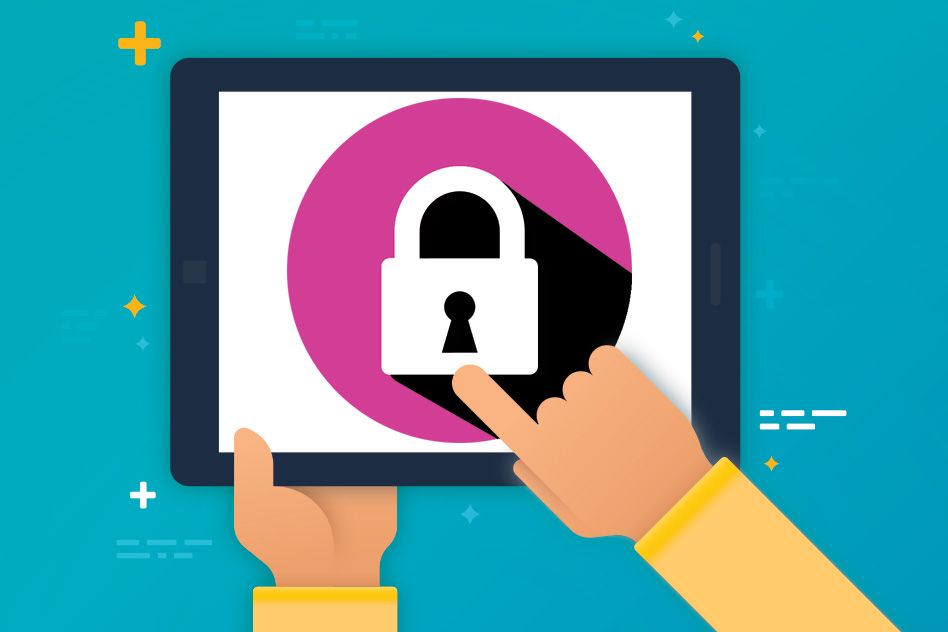Private browsing is of growing interest to privacy-minded users of the World Wide Web. It offers users the opportunity to browse outside of the tracking information that many browsers gather as part of their user data.
Private browsing allows you the opportunity to browse without concerns that others who use the same computer cannot view your browsing history. While many browsers offer this option as a service, there are some services outside of your browser that provide privacy for your browsing experience as well.

While it can prevent other users from seeing your search history, private browsing does not prevent your Internet service provider, school, the sites you visit, or employer from accessing this data. For true internet privacy, you’ll need to consider other avenues.
how to protect your identity online, there isn’t a one-size-fits-all solution. There are many different things you need to do to protect your privacy and your personal information.
Why does it need to be protected? Once upon a time, identity thieves had to go dumpster diving to identify personal information about you. To address this, consumers around the world began investing in paper shredders to protect their private information.
Unfortunately, there isn’t a giant Internet paper shredder to eradicate private information from the web. This means you have to take different actions to protect the information you don’t want the world to have. The most effective methods involve staying up-to-date with the latest threats and being mindful of common pitfalls and traps, like phishing scams.
While these steps won’t protect you from every conceivable threat to your privacy online, they can go a long way toward securing your private data and preventing hackers and thieves from gaining access.
If you’re among those who prefer more robust efforts to protect your privacy, there are services available that will do the heavy lifting on your behalf and add a few additional protections into the mix as well.





